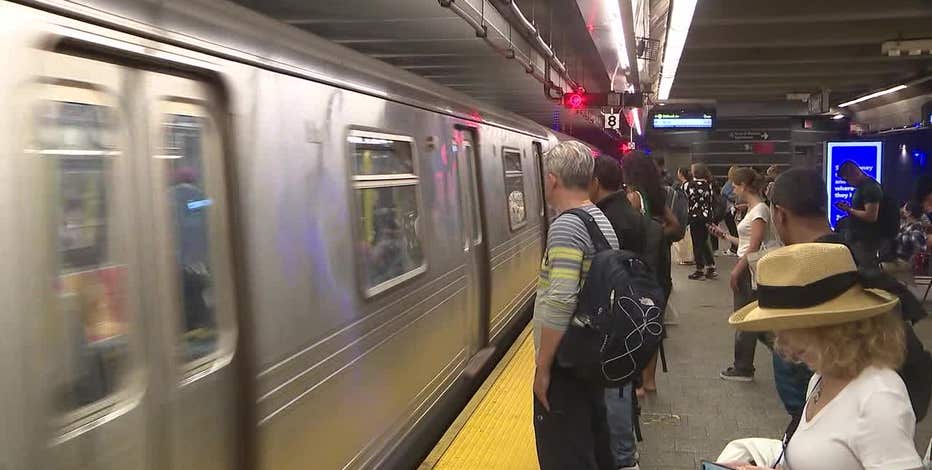NYC regains nearly all jobs lost during the COVID-19 pandemic
NEW YORK - New York City has recovered the nearly 1 million jobs that were lost during the COVID-19 pandemic, bringing the total to now a record high at more than 4.7 million jobs.
At an event that felt more like a re-election rally, Mayor Eric Adams touted that New York City is back in business.
Adams says this is all thanks to his administration’s work prioritizing public safety, putting more officers on the streets, combating crime on the subway, and boosting union salaries.
"No one wanted to be on our subway system," Mayor Adams said. "We were hemorrhaging jobs and people were taking flights to Florida. Well you know what, they want to be back now."
But Andrew Rein from the Citizens Budget Commission says the city’s recovery is a year behind the rest of the nation’s. There are also still around 80,000 fewer jobs in leisure, hospitality, retail, and wholesale trades.
"That’s because with remote work and the acceleration of online retail, fewer people are buying stuff in stores, fewer people are coming downtown every day," Rein said.
New York City is also headed toward a fiscal cliff with a budget gap ranging from $9 - 13 billion.
Rein says that while migrants are one reason the city is hemorrhaging money, the majority of this budget gap comes from the fact the city has been relying heavily on leftover COVID aid to fund programs.
The problem is – much of this money is set to run out next year and the following year.
"Two- thirds of that gap is really of the city's own making, in part using the Wall Street bonuses and really using that federal one time COVID aid to bolster grow and fund programs that are going to continue," Rein said. "But that money is going to go away so the city needs to figure out which of the priority programs to continue and which it has to shrink."



